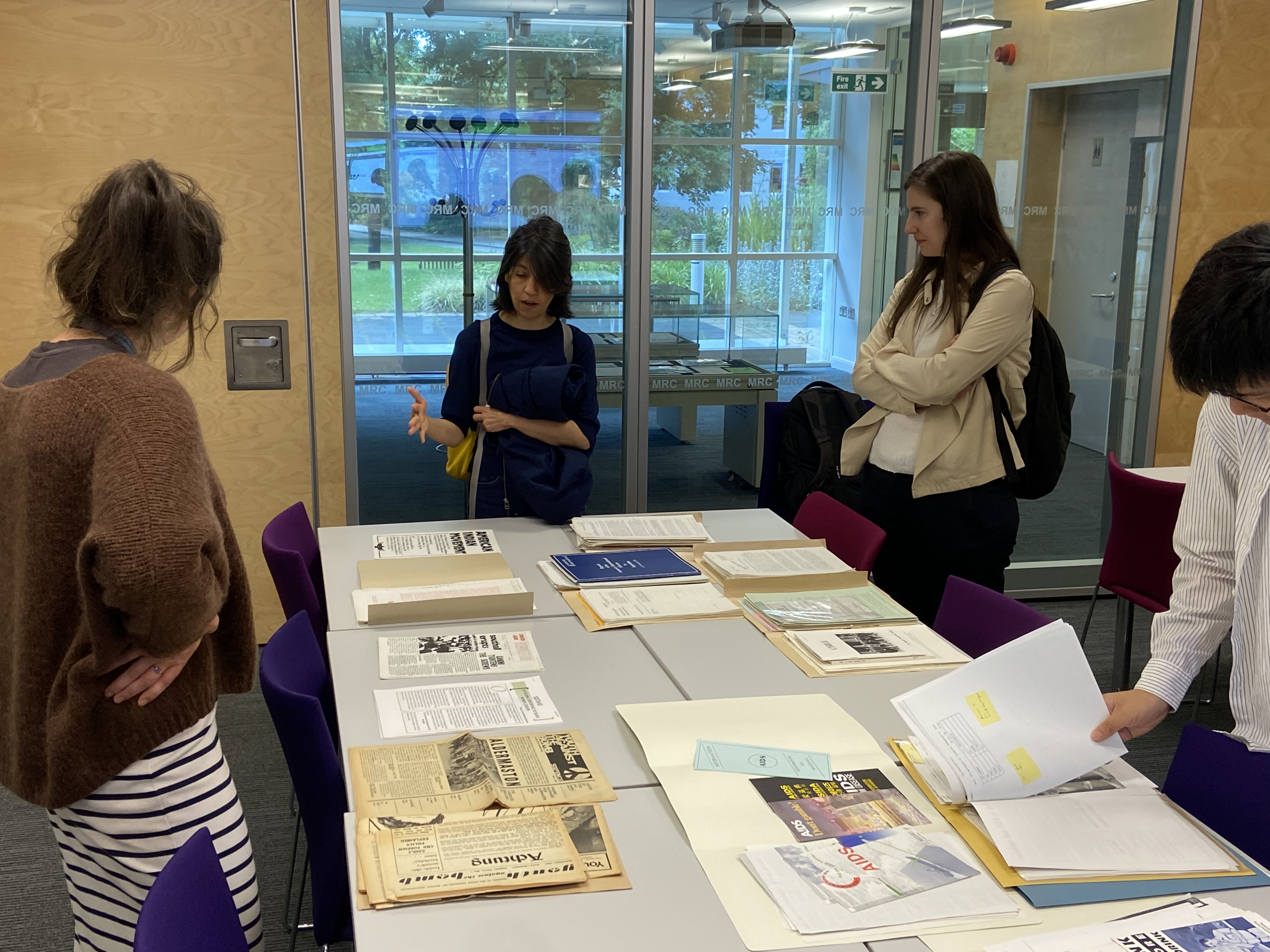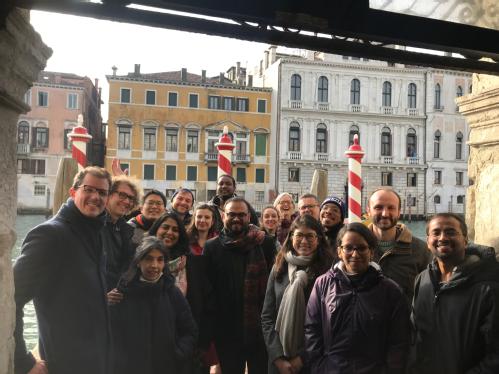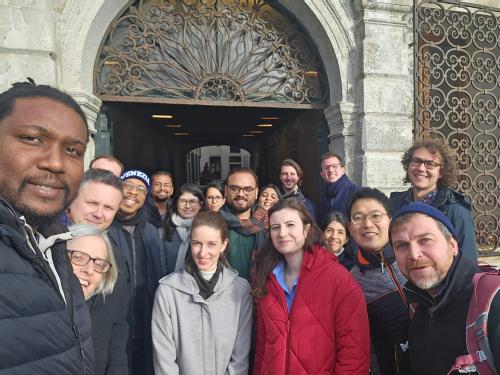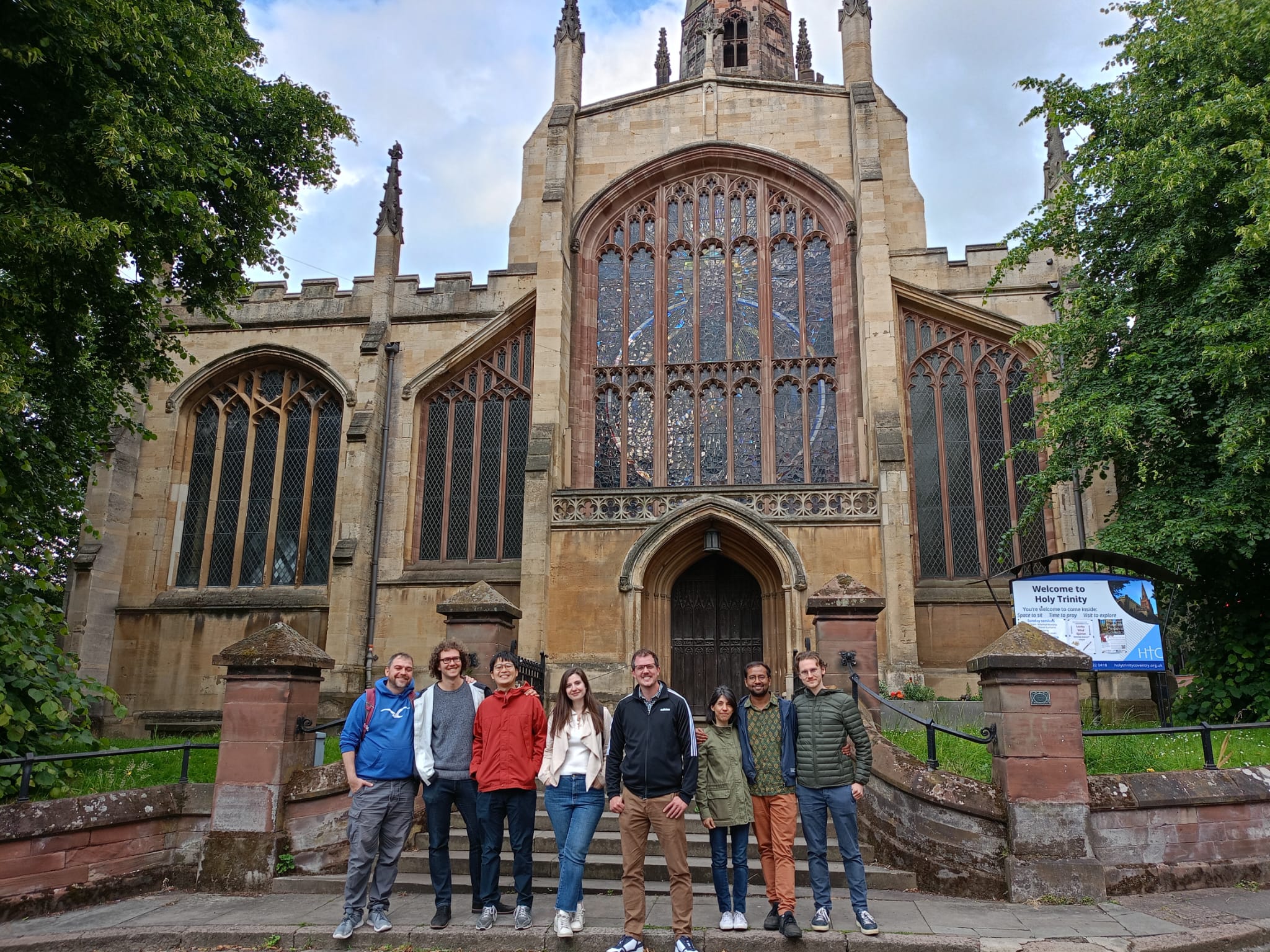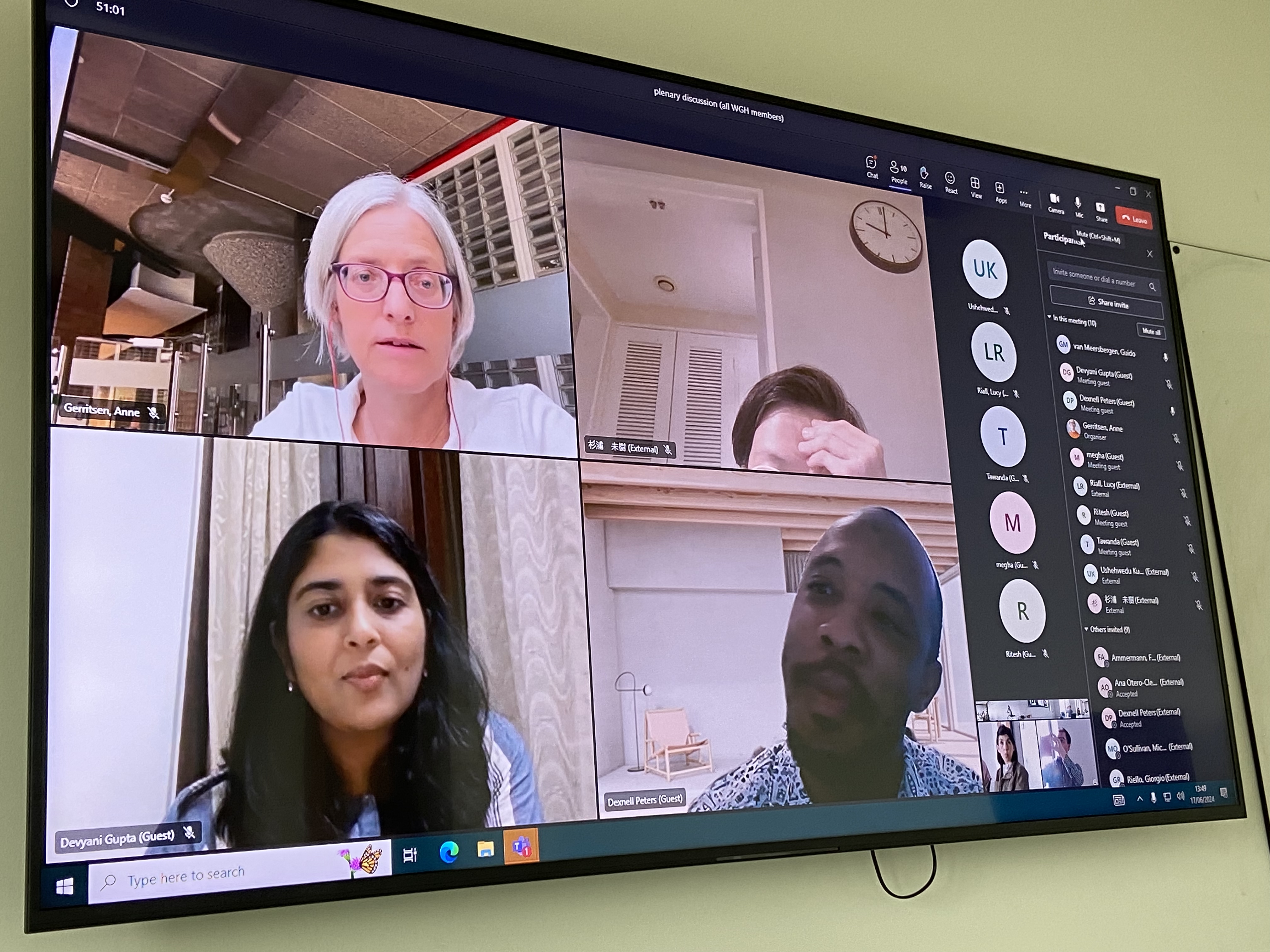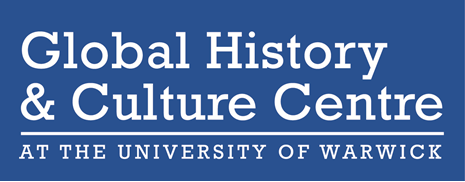Whose Global History
Overview
Over the past two decades, the field of Global History has become firmly embedded within the historical discipline. However, it has been less successful in moving beyond a Euro-American institutional rootedness and intellectual orientation. Critics have pointed to the Eurocentricity of its conceptual frameworks; the dominance of Anglophone scholarship produced by Global North-based researchers and presses; and the marginalisation of actors, concepts, and perspectives originating in the Global South. “Whose Global History?” is an international collective focused on the inequalities affecting historical research at a global level. It questions who Global History is primarily about, who it is written by, and who it is written for. Based in the Global History and Culture Centre (GHCC) at Warwick and the Department of History and Civilization at the European University Institute (EUI), the collective brings together scholars from Asia, Africa, Latin America, and Europe to discuss inclusive practices for collaborative research, resource sharing, and methodological innovation in global history research.
Key aims
- To identify the challenges and opportunities presented by researching the global past in different national and institutional settings and increase awareness of the inequalities that shape research at a global level
- To diversify the methodology of global history through engagement with previously marginalised concepts and perspectives originating from different parts of the world
- To enhance participation in the structures of global history research and through South-South and North-South exchange and collaboration
Events
- Roundtable "Global History in a Time of Crisis", ENIUGH congress, Växjö, 11 September 2025.
- Workshop "Global History in a Time of Crisis", Warwick, 17-18 June 2024.
- Workshop "Whose Global History?", Warwick Venice Centre, 11-12 December 2023.
- Summer School in Global and Transnational History: "Whose Global History? Perspectives from the Global South and BeyondLink opens in a new window", EUI, 11-13 September 2023.
- Online/hybrid "Whose Global History?" network meetings, June 2022, October 2022, May 2023, January 2024; September 2024; January 2025; June 2025.
Project leads
Guido van Meersbergen (Warwick)
Giorgio Riello (EUI)
Network Participants
- Friedrich Ammermann (EUI)
- Somak Biswas (Cambridge)
- Renata Cabral (EUI)
- Giancarlo Casale (EUI)
- Tawanda Valentine Chambwe (Midlands State University)
- Ritesh Kumar Jaiswal (Delhi University)
- Anne Gerritsen (Warwick)
- Devyani Gupta (O.P. Jindal Global University)
- Eoghan Hussey (EUI)
- Divya Kannan (Shiv Nadar University)
- Ushehwedu Kufakurinani (Sussex)
- Tillman Kulke (Ilia State University)
- Elisabeth Leake (Tufts University)
- Hector Maldonado (Universidad Nacional Mayor de San Marcos)
- Glen Ncube (Bristol)
- Megha Sharma (National Law School of India)
- Michael O'Sullivan (EUI)
- Ana María Otero-Cleves (York)
- Hazal Papuççular (Fenerbahçe University)
- Dexnell Peters (University of the West Indies, Mona)
- Lucy Riall (EUI)
- Miki Sugiura (Hosei University)
- Victor Guanmian Xu (Peking University)
